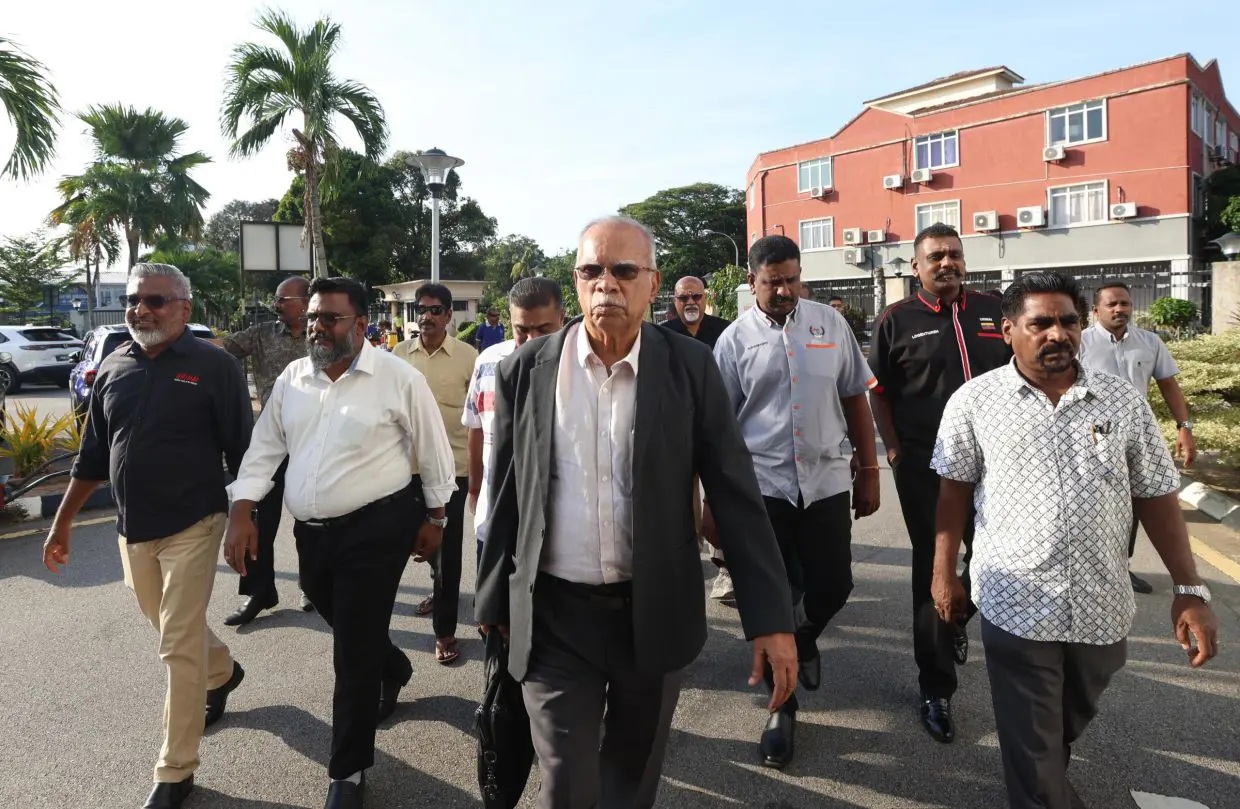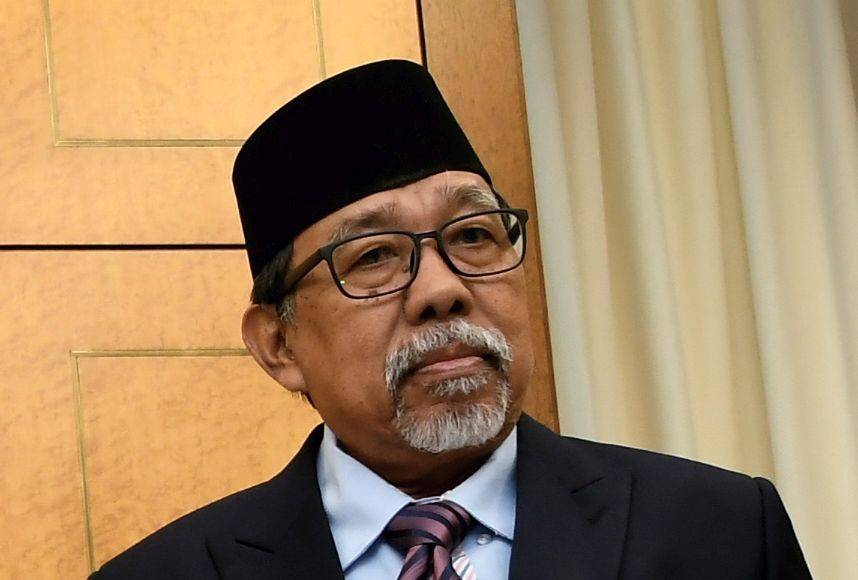I WISH to address the recent charges brought against me by the Malaysian Anti-Corruption Commission (MACC) in the Butterworth Sessions Court yesterday (May 14).
A total of 17 charges were filed, alleging that I failed to obtain approval from the Penang Hindu Endowments Board (PHEB) between 2013 and 2019 for certain payments – most notably, those related to the purchase of a second gold-plated chariot in 2019 and disbursements made for welfare and educational assistance.
Let me state unequivocally: it is utterly inconceivable that I could have made such decisions or disbursed such funds without the Board’s prior knowledge or approval.
The purchase of the second chariot in 2019 was not a unilateral action. Due to the urgency of the matter, the Board established a sub-committee specifically tasked with managing the procurement process.
Payments were made with the endorsement of this committee and through cheques co-signed by the Board’s secretary – clear evidence of procedural adherence.
As for the welfare and educational assistance payments, the Board had mandated the secretary and me to approve disbursements in emergency situations.
These expenditures were subsequently tabled and endorsed at regular Board meetings which were typically held every two months.
Political persecution
What is particularly perplexing is that the charges seem to ignore a key oversight mechanism: the annual audit of the PHEB accounts conducted by the Auditor-General’s Office.
These audits precede the submission of reports to Parliament, reflecting the PHEB’s status as a federal statutory body. This entire process underscores the transparency and accountability already embedded in the Board’s financial operations.
I have no intention of delving too deeply into the specifics of the charges which I view as frivolous and politically-motivated.
They appear calculated to derail my efforts in founding the Urimai party (Malaysian Rights Party) which has rapidly gained traction within the Indian community.
The broader political context cannot be ignored. Since my resignation from DAP in August 2023 and the subsequent launch of Urimai, I have consistently criticised the Madani government and Prime Minister Datuk Seri Anwar Ibrahim for their failure to address long-standing issues affecting the Indian community.
These include the absence of a Tamil Cabinet minister, the controversial forced relocation of a 130-year-old Hindu temple in Kuala Lumpur in March 2025, and the nepotistic elevation of his daughter, Nurul Izzah, within PKR.
My comparisons between Anwar and former premier Datuk Seri Najib Razak have likely further agitated those in power.
It is no secret that the MACC operates under the purview of the executive branch which has increasingly been used in recent times to stifle dissent and weaken the opposition.
Despite this, I remain steadfast in my commitment to justice and democracy. I have full confidence that the Malaysian judicial system will deliver a fair and impartial verdict.
My legal team led by Shamsher Singh Thind is fully prepared to challenge these malicious and politically-engineered accusations.
This is not just a personal battle. It is a struggle against the abuse of institutional power as well as an assertion of the right to political expression in a democratic society. – May 15, 2025
Former DAP stalwart and Penang chief minister II Prof Ramasamy Palanisamy is chairman of the United Rights of Malaysian Party (Urimai) interim council.
The views expressed are solely of the author and do not necessarily reflect those of Focus Malaysia.
Main image credit: The Star









